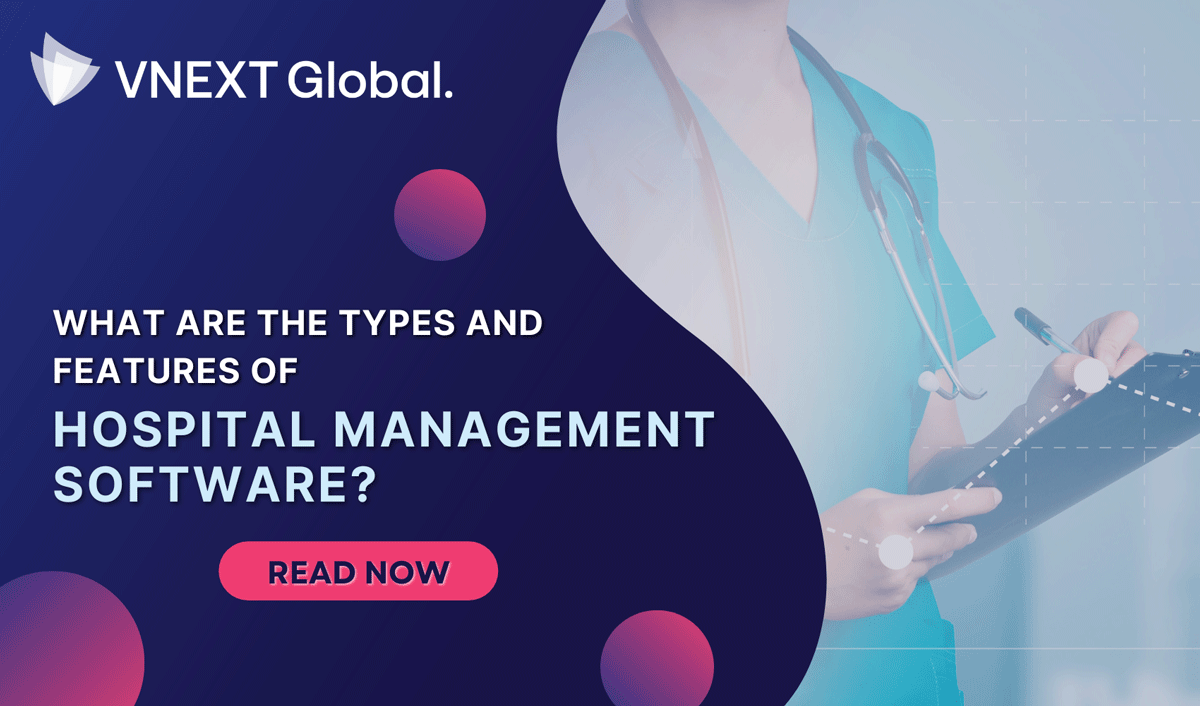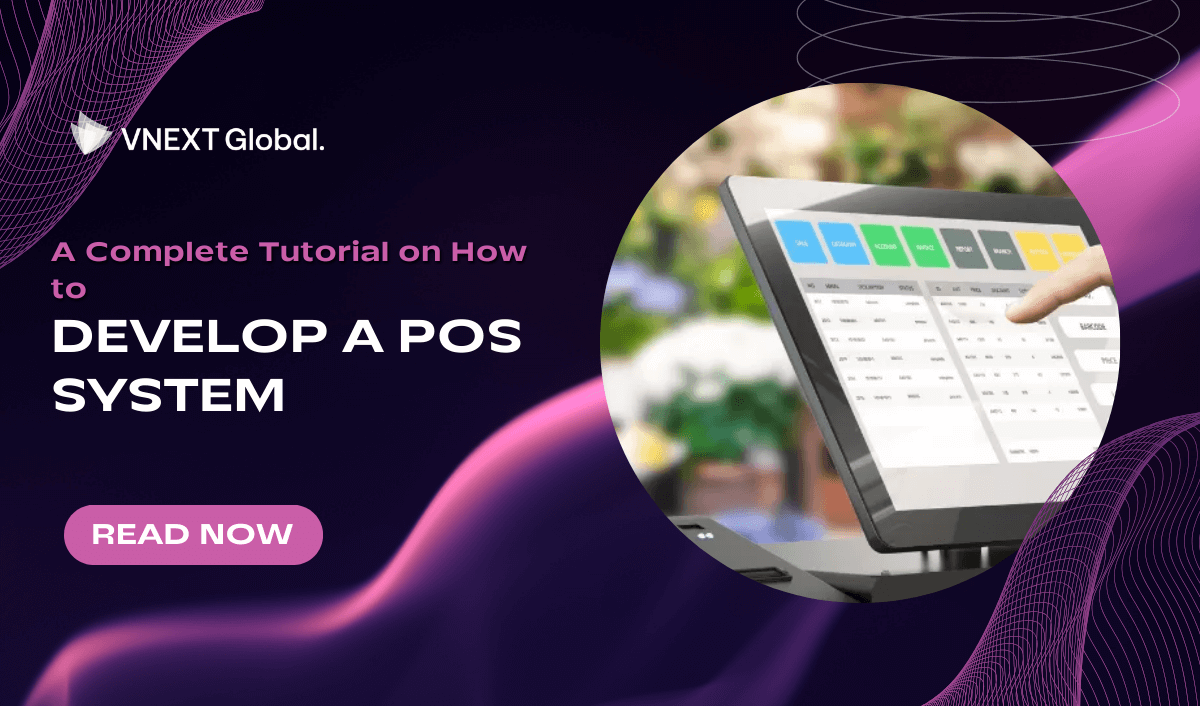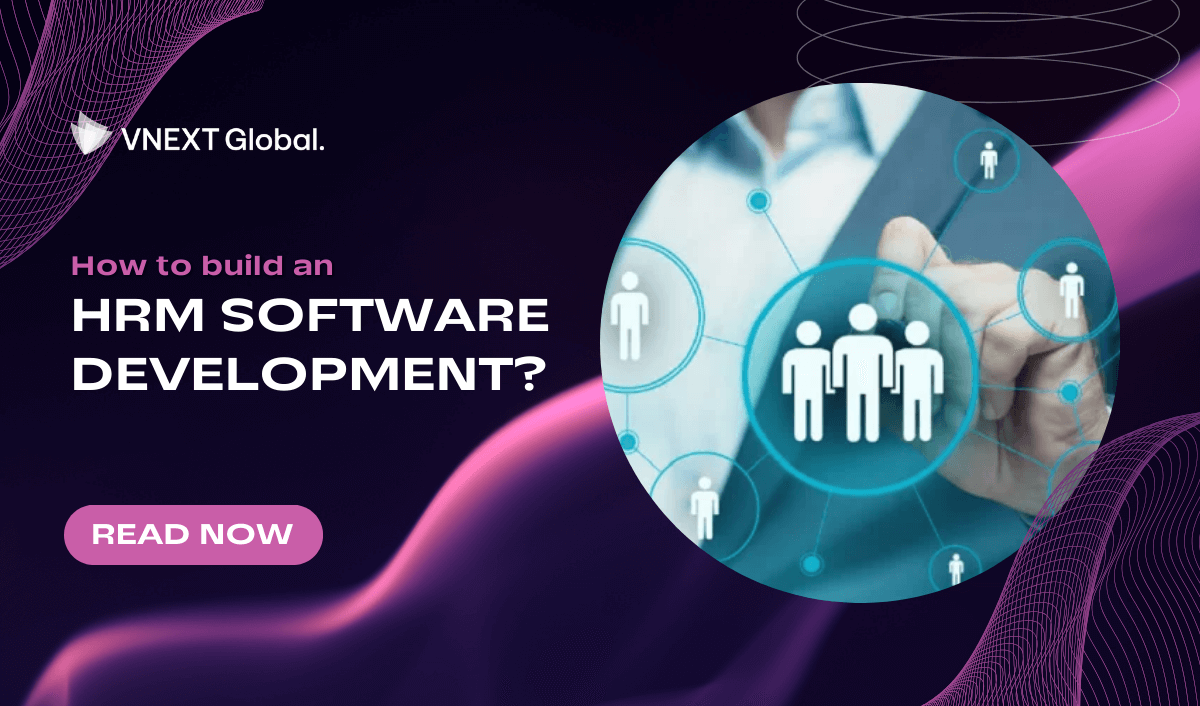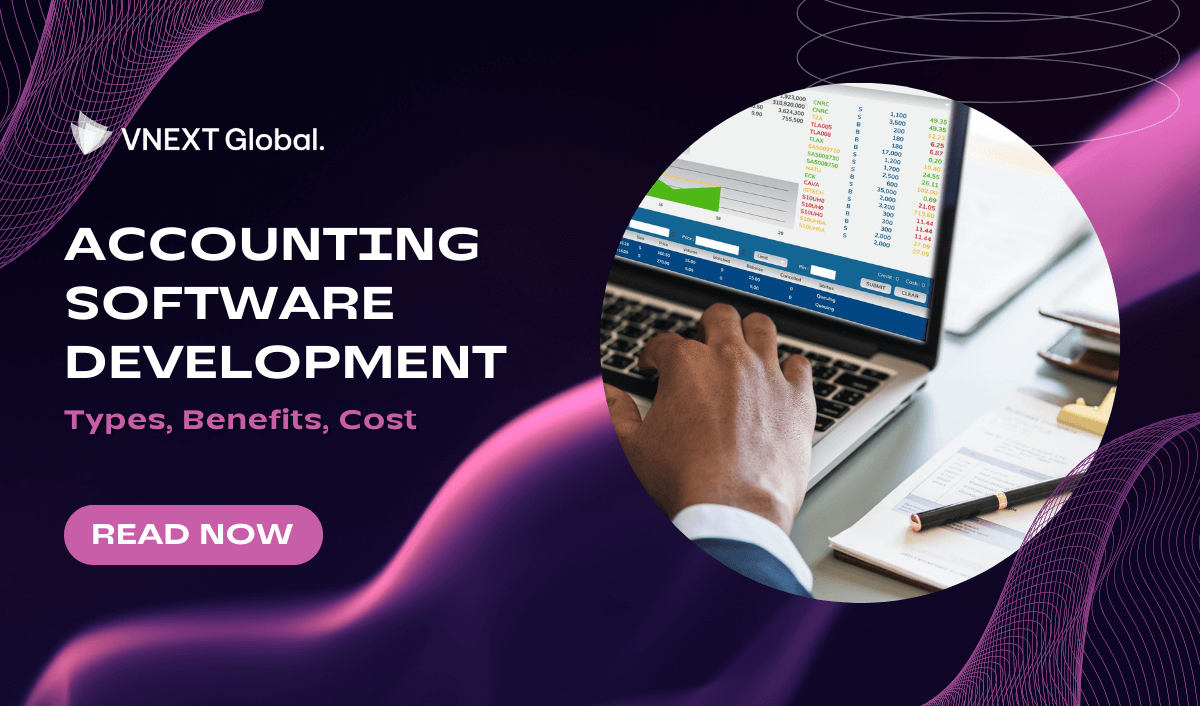Without doubts, the hospital management system is the root of all medical software systems, since it serves as the central hub for all hospital management-related departments. As a result, the technique incorporates and maintains all forms of medical data.
In addition to data, hospital management software includes separate systems that handle different parts of work. So, what are the types and characteristics of hospital management systems?
1. 5 different types of hospital management systems.
.png)
- Operational systems
Operational systems are one of the most common ways of classifying medical data. Its integration enables you to convey information in a hierarchical manner, with different sorts of medical knowledge being dealt with at each level.
Furthermore, it provides dependable and quick data operation, as well as the detection of system anomalies.
- Administrative structures
This HMS module is essential for all hospitals and is in charge of delivering patient data in the form of reports and statistics.
When the patient is freed (retrospective data entry), as well as after medical aid (to provide specifics), information is entered into the system and given to the Department of Health as a report (DOH).
Because administrative information connects different clinical systems, the clinical system, which incorporates electronic patient records (EPRs), is constructed atop the administrative system.
- Subject-specific systems
Subject-based systems are used to digitally store patient information and are also known as Digital Medical Records or Electronic Medical Records (EMR). They are typically used in hospitals to maintain and store a complete digital history of patients.
EHR and EMR help to eliminate data duplication when compared to paper-based records because all information is maintained in a single file that is updated over time. Typically, these components are available in clinics that employ Hospital Management Software.
- Systems based on tasks
Task-based systems are a set of codes designed to improve the categorization of job tasks. An intelligent representation of this type of system would automatically prioritize and allocate duties among workers based on the current hospital state.
These modules focus on specific activities, such as admissions/discharge or transit to an operating room.
When designing such a system, keep in mind that it performs worse than alternatives such as subject-based ones due to the higher probability of data duplication, which has an impact on system performance, disk space optimization, and the nature of data array storage.
- System of billing
The hospital's finances are monitored and managed using billing systems. The tagging of various outputs from healthcare management systems with the associated pricing enables patient costing to be monitored.
Most costing is done by evaluating the spending distribution from the prior year. The ability to charge and govern payment/non-payment is a requirement for such systems. As a result, billing systems are a critical component of hospitals' financial performance.
The desire for convenient medical services has grown in recent years. More software systems and technologies are appearing in medical institutions as the business rapidly digitalizes.
Software solutions are developed to automate daily operations, manage billing, documentation, and inventories, and generally relieve doctors of their responsibilities.
The hospital management software system is one of the most important all-in-one systems. To continue, we will look at features of HMS.
2. 6 key features of the hospital management system
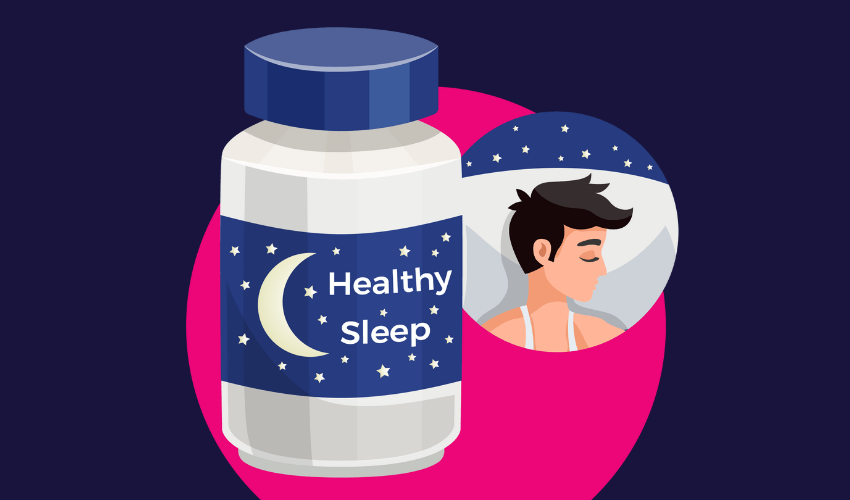
- Registering form and patients calendar
A HIS or HMS also functions as the patient registration software. It aids in the management of patient data, the scheduling of visits, and the tracking of their information (demographics or medical history). HMS aids in the management of the registration process by allowing you to easily enter new patients into your database.
You'll be able to immediately access patient records if they require follow-up care or emergency treatment.
You'll also be able to boost customer satisfaction by streamlining registration processes for new patients and providing speedier access to current consumers.
The HMS also allows personnel in each department of your facility—from radiology to physical therapy—to know when patients will come at their location without having access to one other's schedules, boosting cooperation across departments. Additionally, time spent filling out paperwork with insurance companies might be reduced.
- Management of Digital Medical Records (DMR) and Electronic Medical Records (EMR)
The digital equivalent of a patient's medical history is Digital Medical Records.
EHR software also allows doctors, nurses, and other healthcare practitioners to share information about their treatment plans for each patient with one another.
It records the medical history and information about a specific patient.
EMR is a system that permits access to and transmission of Digital Medical Records. EMR functionalities will aid in providing appropriate care to patients when they are most in need.
- Nursing Management Software (NMS)
The Nursing Management System (NMS) is used to manage nursing staff and to automate the complete management process.
The system assists them in keeping track of their schedules, assignments, attendance, and leave. It also aids in the management of their training program.
The NMS software integrates readily with other hospital management systems such as the medical records system (MRS), pharmacy management system (PMS), laboratory information system (LIS), and so on.
It will assist you in obtaining the data entered by the medical personnel from all other departments on a single screen. This eliminates the possibility of duplicate entries being made in more than one location by different people at different times.
- Laboratory Information Management (LIM)/Laboratory Information System (LIS)
The laboratory information system (LIS) is a laboratory management software for storing and managing laboratory test findings.
Laboratory management software can be used to store all blood test reports, urine test results, biopsy slides, and other procedures such as radiology, prescriptions, and pathology in a single database.
The LIS can also be utilized in the Radiology department to store and handle radiology pictures such as X-rays, CT scans, MRI scans, or ultrasounds.
It also aids in the storage of pathology images such as histopathology slides from biopsies acquired from patients.
It can also be employed in cytology image storage, where smears are stained with reagents to identify specific cells or germs present.
- Online Doctor and Hospital Reservations
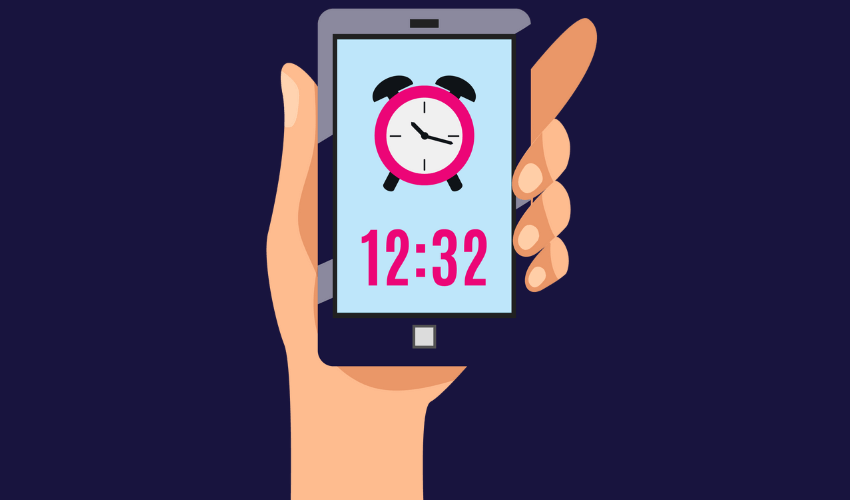
Online doctor appointments assist you in managing doctor appointments in your hospital.
You can quickly arrange appointments for patients and doctors with this tool. Patients can also make appointments with the doctor online.
You may arrange appointments with doctors, hospitals, and clinics via website. Then, the system will identify a doctor's availability and arrange an appointment.
The function is easily customizable so that it completely suits the needs of your hospital/ clinic.
- Video Consulting Form with a Doctor Online
The doctor video consultation can be used by doctors to communicate with patients, or other doctors.
This tool enables doctors to communicate with patients in real-time and provide them with the care they require more quickly.
Final thoughts
A hospital management system (HMS) is an essential component of running a hospital. You can keep track of all your patients, your doctors and daily operational activities. With the help of such a system, your process of managing a healthcare institution will become easier than ever!
If you are looking for a trusted IT partner, VNEXT Global is the ideal choice. With 14+ years of experience, we surely can help you to optimize your business digitalization within a small budget and short time. Currently, we have 400+ IT consultants and developers in Mobile App, Web App, System Development, Blockchain Development and Testing Services. We have provided solutions to 600+ projects in several industries for clients worldwide. We are willing to become a companion on your way to success. Please tell us when is convenient for you to have an online meeting to discuss this further. Have a nice day!

